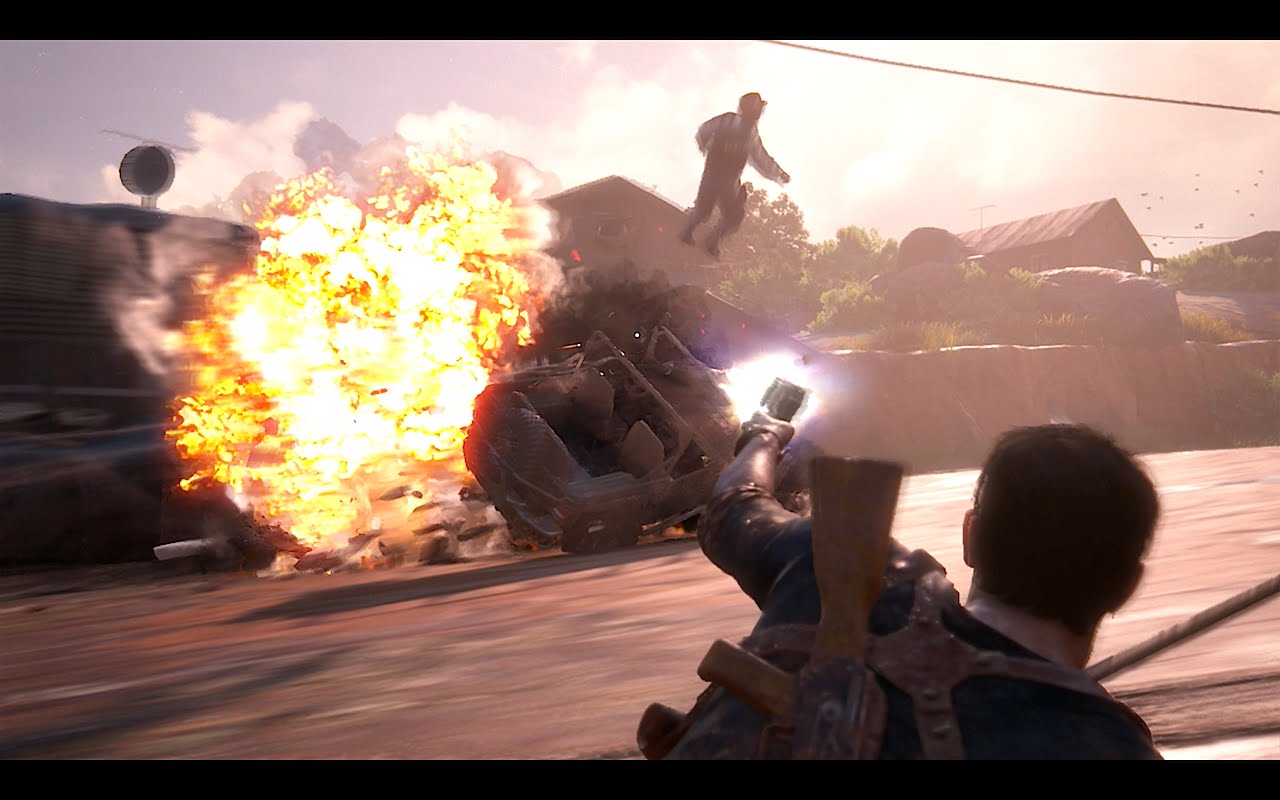Your donation will support the student journalists of Omaha Westside High School. Your contribution will allow us to purchase equipment and cover our annual website hosting costs.
Neil’s Notes: Story Games
August 30, 2017
Story is possibly one of the most important aspects of gaming, and touches almost every game regardless of genre, from your little sister’s Barbie Princess Adventure to AAA titles like Mass Effect. Story is the plot of the game, but it’s also the reason for completing that puzzle, and the motivation for finishing the game. A good story can keep players engaged even when there isn’t much happening.
Often times games will overlook most of the story aspect, focusing on gameplay and challenges for the player to complete, rather than have them play out the story they’ve written. This is true in games such as Fallout and Call of Duty. These games, although having a campaign or a main story to complete, focus on their gameplay and choose to keep the story secondary. Today however, I’ll be talking about games completely involved in the stories they tell, as I think that a good portion of these games have one key flaw.
The issue: many story games take you out of their own story.
This is the first and foremost issue with most story games on the market today, especially in games like Uncharted. The constant and intense action sequences, while extremely cool, don’t really serve to further the story except for bringing you to the next cutscene. A story game should always act to further its story or at least get you hooked deeper into the world that it’s built for you. Games like Uncharted take you out of the story with insane action and quick time events that contrast the relative calm of the cutscenes. When I played Uncharted, I found myself annoyed at the action scenes, because I found myself wanting to watch the cutscenes instead of playing the game. These games rely on their cutscenes to deliver the story, and at that point you could watch all the cutscenes back to back and get the same story as if you hadn’t played the game at all. This is what I think is fundamentally wrong.
Another popular story game is Life Is Strange. I think that Life Is Strange is a fantastic example of what story games should be like. It continually pulls you into the story no matter what you happen to be doing. There are missions to accomplish and parts of the game where the pace really picks up, but at no point does it stray away from advancing the story (except for maybe the one time you have to collect bottles but that’s besides the point). Every minute detail is focused on sucking you in and becoming a part of the game, not just the cutscenes.
Now, I’m in no way saying that story games like Uncharted that don’t consistently tell their story are any more or less fun than ones like Life Is Strange. What I am saying is that they aren’t good STORY games, because they don’t give you a game with story in it, but a game with bits of a movie in it.
Takeaway: story games need to stick to advancing their story no matter what part of the game it is, because being a story game means you deliver a story, an experience, not a game that has you move from cutscene to cutscene to get the plot.

